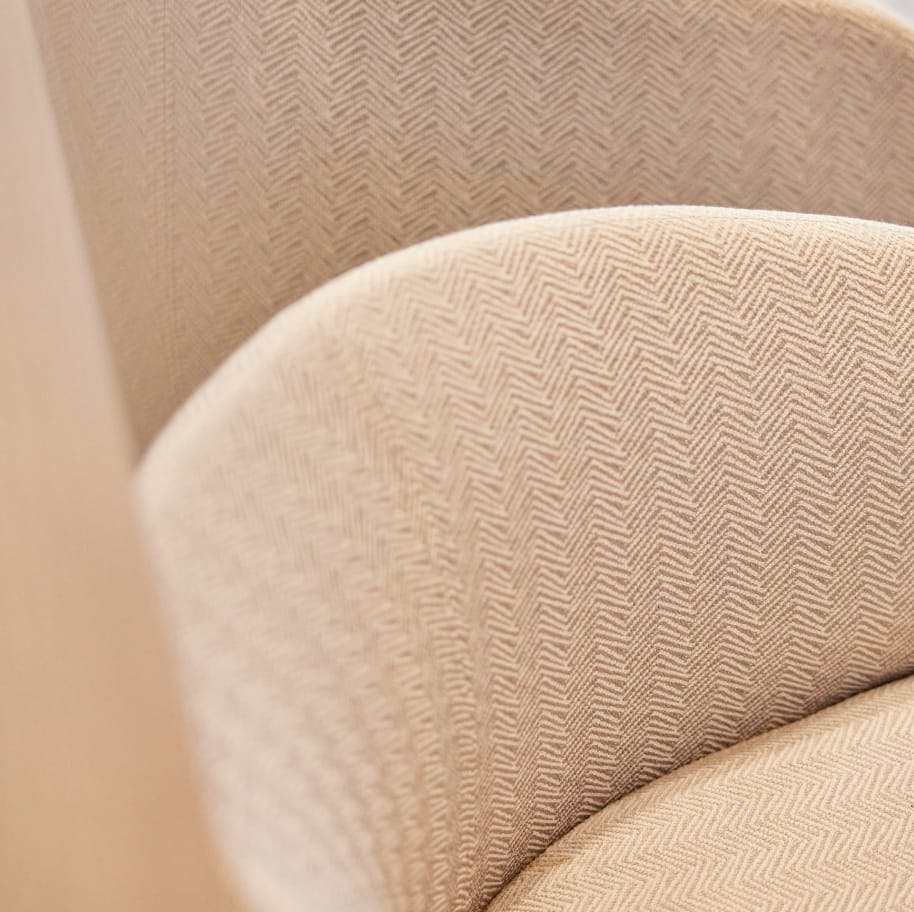Breast reconstruction surgery, especially a hybrid reconstruction, can be daunting for many patients. It is important to realize that it is normal to have these feelings of anxiety or nervousness.
Presurgical testing
All patients will require presurgical testing. This is performed at the facility you will be having surgery. This is a good opportunity for your surgical team to review your medical history and identify any potential medical problems beforehand. All over the counter and prescription medications should be discussed at this visit. While presurgical testing is mandatory for all patients, clearance by your own primary care doctor is only necessary if you have any other medical problems. It is important to have scheduled all of your preoperative testing well in advance of your surgery. This will provide you and your physician ample time to complete all necessary clearances and paperwork.
Start planning for hospital stay
Start to consider the items that you may bring to the hospital for your hospital stay. This may include comfort items such as magazines, books, loose clothes, or electronic devices that will keep you preoccupied during your stay. Most importantly, remember to bring your insurance card and government issued PHOTO IDENTIFICATION.
Confirm surgical plans
It is important to confirm that you have transportation to and from the hospital with a family member or friend.
Medications after surgery
Prescriptions for medications needed after hospital discharge will be given to you before your surgery. This will allow to you have the medications ready at home when you return from the hospital. Instructions on when and how often to take them will be reviewed with you in the hospital.




